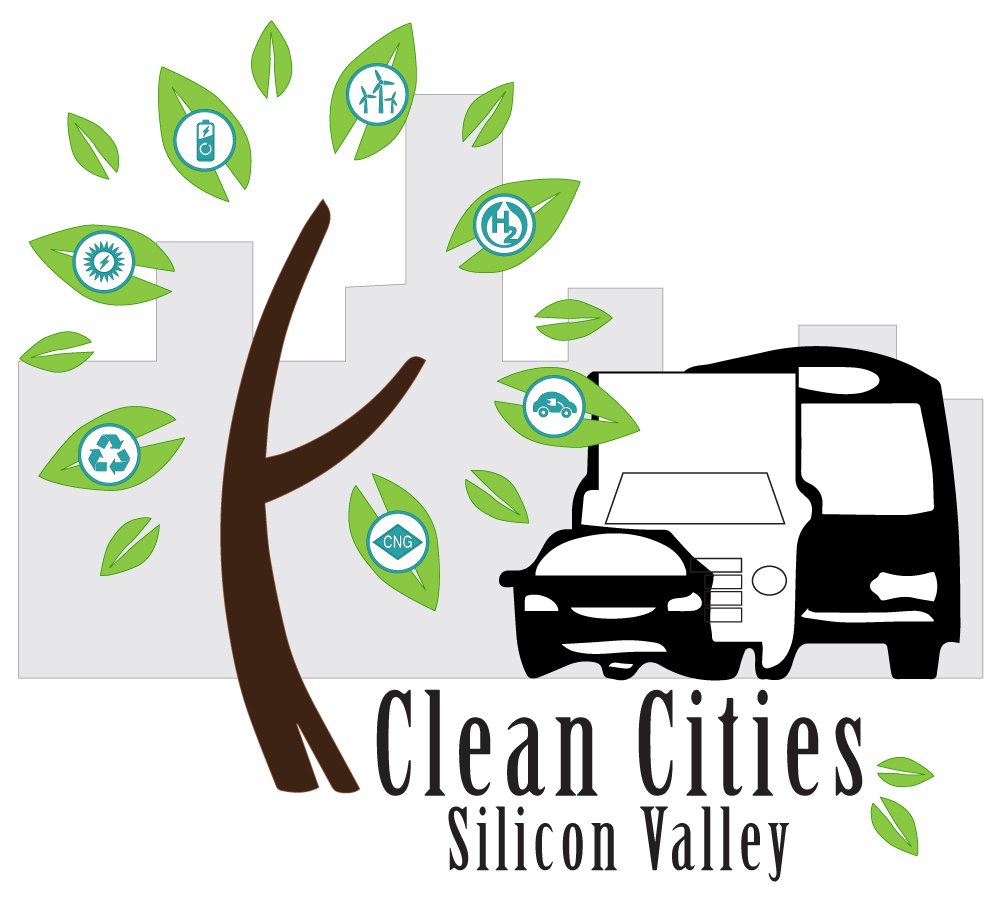Climate Mayors Electric Vehicle (EV) Purchasing Collaborative
The Climate Mayors Electric Vehicle (EV) Purchasing Collaborative held a press conference to highlight the incredible leadership from cities, counties, transit districts and port authorities around the country that are transitioning a portion of their fleets to electric by the end of 2020. As many of you know, the Electrification Coalition is the lead technical partner on this initiative, and we are continually working to accelerate fleet electrification.
This press conference, led by the Mayors of LA, Honolulu, Knoxville, and Boston, was held in conjunction with the Mayors Climate Summit and the Annual Meeting of the US Conference of Mayors. As of today, 142 public entities from 38 states have committed to purchasing 2,139 EVs by 2020. For those that aren’t familiar with the complexities of public agency procurement, there are numerous barriers for fleet electrification in cities. By removing the barriers and highlighting the early leadership from cities, we believe this can have a “snowball” effect to inspire bigger commitments.
The commitment that these agencies have made will:
Cut gas usage by up to 1 million gallons each year;
Transition to 25 million electric miles driven each year; and
Add more than $75 million in purchasing power to the electric vehicle market
While we are excited by the momentum, this is just a stepping stone and faster action is needed and that is where we could use your help. Enclosed you will find the press release from this event, as well as the social media toolkit. We also have a social media graphic for your use. We want your organization to please share this information publicly and show your support for the cities that are leading the way in this program! Please consider using social media and other communications assets to applaud cities that have committed to fleet electrification. Encourage those that haven’t to utilize the Collaborative to help transition their fleets.
Visit www.driveEVfleets.org/media for additional materials including: social media graphics, a list of committed cities, FAQs, and a featured case study.
About the West Coast Collaborative (WCC)
The WCC, staffed by the U.S. Environmental Protection Agency's (EPA's) Pacific Southwest Region 9 and Pacific Northwest Region 10 Offices, protects public health by reducing diesel emissions and promoting clean air technologies and practices through public-private partnerships in Western North America. The Collaborative is an ambitious partnership between leaders from federal, state, local and tribal government, the private sector, and environmental groups committed to reducing diesel emissions along the West Coast. Our partners come from all over Western North America, including: California, Oregon, Washington, Alaska, Arizona, Idaho, Nevada, Hawaii, Canada, Mexico, Asian Pacific regions, and Pacific Islands that include the Territory of Guam, the Commonwealth of the Northern Marina Islands, and the Territory of American Samoa. The Collaborative is focused on creating, supporting and implementing diesel emissions reductions projects by providing technical assistance and funding opportunities.
Visit us at: http://www.westcoastcollaborative.org/






